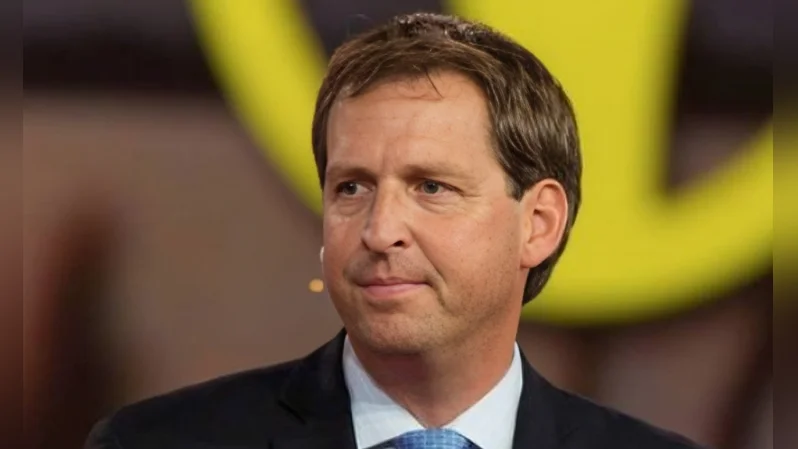
Price controls for prescription drugs aim to reduce the cost of life-saving medications without negative consequences. However, recent developments suggest that a different approach may be necessary. The ongoing challenge of high prescription drug costs in the American healthcare system has been exacerbated by inflation.
The Biden administration's 2022 "Inflation Reduction Act" introduced several changes to drug pricing, including empowering the government to set price caps on certain drugs. This measure was intended to lower costs but has faced criticism for its potential long-term effects.
Critics argue that price controls reduce profits for pharmaceutical companies, leading to decreased investment in new drug development, rationing, and shortages. While short-term prices may drop for some individuals, the long-term impact could be fewer new treatments and increased difficulty for new competitors to enter the market.
Dean Clancy, a senior fellow for health policy at Americans for Prosperity, noted that even before the law's implementation, companies began reducing their research and development investments. This trend suggests fewer life-saving drugs will be available in the future. Additionally, there are concerns that the law could drive up private insurance premiums, making healthcare less affordable.
Clancy advocates for a "Personal Option" approach rather than government-imposed price controls. He argues that this would empower individuals to access medications at more affordable prices without the negative side effects associated with price caps.